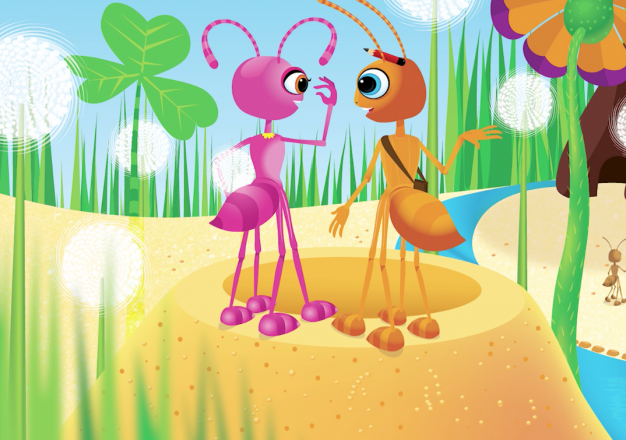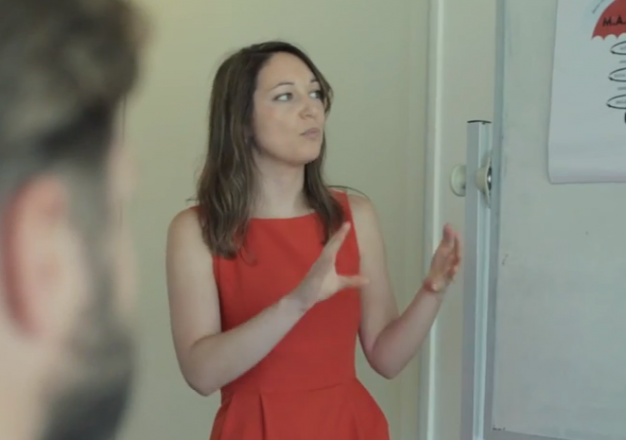Building Friendship Skills: From 7years to Adulthood
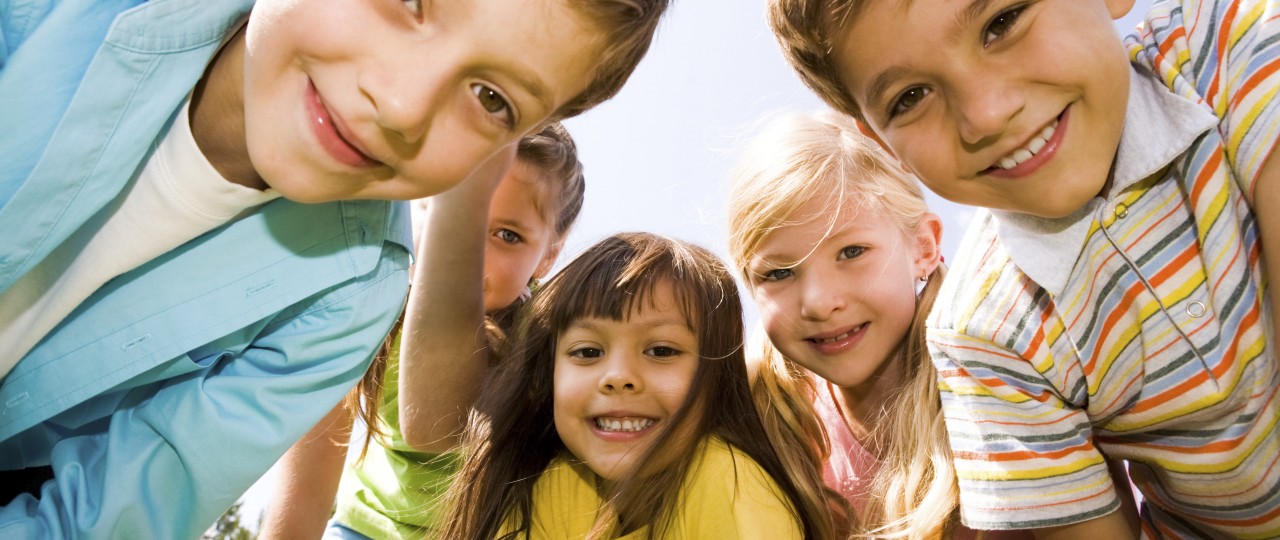
| Posted: | February 19, 2016 |
| Author: | Aisling Mulvihill Speech-Language Pathologist |
Share this article:
The Development of Friendship Skills
An individual’s needs, skills and ideas about friendship change from childhood through to adulthood. The ability to understand others and take their needs and views into account develops and changes over time. Friendship moves from interactions that are self-focused in the early years of childhood to relationships that are based on sharing and trust in the adult years. As children mature they display greater self-control, become increasingly self- and other-aware, and are more able to understand another’s perspective. An awareness of the developmental stages of friendship helps parents and teachers know what to expect and how to support friendship skills at various stages in an individual’s life.
This blog outlines the developmental stages of friendship from 7years to adulthood and places a focus on the relevant skills and supports for each stage.
Stage: 7-12years
From the age of 7years children consider friendship a two-way phenomenon that is guided by shared interests and cooperation. Ongoing development in social cognition facilitates self-reflective perspective taking that involves a shift in thinking as children begin to view their own thoughts, feelings and behaviours from another’s perspective (Selman, 1981). Children become increasingly judgmental of both themselves and peers, and select playmates based on personal traits and similar interests. Friendship groups or ‘clubs’ are common, and some children may experience periods of exclusion and isolation as they navigate this ‘group mentality’. Fairness, reciprocity and rules feature strongly in friendships but are often considered in a rigid ‘black and white manner’ leading to peer conflict (e.g. She played with another girl at lunch break. She is no longer my friend). Children begin to value talking and listening to each other, placing higher demands on social communication skills such as listening, asking questions and complimenting.
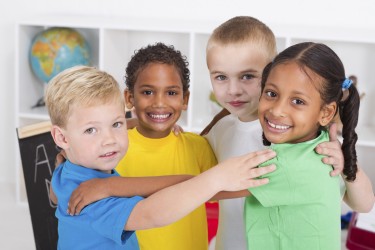
Supports:
• Friendships are developed around shared interests and experiences. Provide children with the opportunity to create meaningful connections with like-minded peers both within and outside school. Join groups and clubs (e.g. soccer, scouts, girl guides) or set up playdates with peers who display similar interests.
• Help children consider the impact of their actions on others.
• Develop skills of social hindsight, encouraging children to reflect upon and learn from past experiences.
For example: ‘When you included Peter on your team he was really happy. Maybe he will think you are a good friend.’
• Develop skills of social foresight, encouraging children to think about future actions and possible outcomes.
For example: ‘If you ask the new girl to sit beside you tomorrow, how do you think she will feel?’
• Encourage children to tune in to others, ask questions and give compliments to support ‘joining in’ and maintenance of interactions (Sherlock & Mulvihill, 2013).
• Allow mild conflict to unfold stepping in where required. Encourage children to use assertive communication or seek adult help to support conflict resolution. Children may be encouraged to use the following script: ‘I feel ______, when you _______, because _______.’
• Encourage children to engage in helpful thinking and solution focused problem solving to help build resilience and to cope with experiences of peer conflict and rejection. Help children brainstorm helpful solutions to cope with friendship challenges.
For example: ‘Sarah played with Peter and Mary at lunch time and did not include you. Let’s think of three things you could do to solve this problem if it happens again. You could (1) join other friends and play with Sarah another time, (2) ask Sarah if you can join also or (3) tell Sarah how this made you feel and ask her to include you in the future.’
Stage: 10-15years
Older children and teens begin to define friendship based on high-level concepts such as trust, respect, support, and emotional closeness. Young teens assume another’s point of view, solve problems collaboratively and disclose personal thoughts and feelings to their friends (Selman, 1981). Friendship becomes increasingly important for emotional support as young teens seek more time with friends than family (Hartup & Stevens, 1999). Girls in particular may develop very close ‘best friends’, expect to do everything together, and can feel betrayed when friends do not (Kennedy-Moore, 2012). In general, female friendships tend to build closeness through conversation and male friendships through shared activities. Some young teens may begin to explore early romantic relationships.
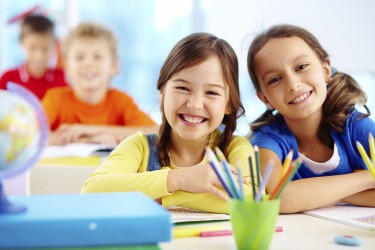
Supports:
• Continue to provide older children and teens with opportunities to meet people with shared interests and strengths. Join interest groups/clubs (e.g. soccer, drama, acting, running).
• Begin to explore high-level friendship concepts (e.g. trust, support, acceptance, kindness) in terms of what it looks like, sounds like and feels like for your child and others.
• Get to know your child’s friends while still allowing for personal space. Ensure your teen is comfortable inviting friends home. Provide space for young teens to socialise whilst setting clear boundaries and expectations.
• Target helpful thinking patterns and solution focused problem solving to help teens build resilience and manage experiences of peer conflict, peer-pressure, rejection and jealousy.
• Support open discussion around friendships and romantic interests. Older children may wish to use a diary.
Stage: 16years – Adulthood
Adults use increasingly abstract definitions of friendship but there is a continued focus on trust, support, emotional closeness and shared values. Older teens and adults may engage in societal perspective taking recognising that an individual’s perspective can be influenced by larger societal values such as culture and religion (Selman, 1981). Adult friendships are often more accepting and understanding of individual differences. Adults continue to engage self-disclosure with friends, and trust is highly valued. There is movement from friendship pairs to groups with shared values. Friendships are less possessive and adults often develop increased differentiation in their friendship groups (e.g. work friends, parent friends, and exercise friends).

Supports:
• Make time for friends and try to support one another through change and difficult life circumstances.
• Take the opportunities to meet people with shared interests and experiences as life circumstances and personal needs change. Join interest groups/clubs that reflect current interests and needs (e.g. soccer, drama, acting, running, parent groups).
• Identify the difference between healthy, positive friendships and toxic friendships through identifying the qualities of what makes a good friend.
Building Friendship Skills: Birth to 7years →
References:
Berndt, T.J. (2002). Friendship quality and social development. Current Directions in Psychological Science, 11(1), 7-10.
Hartup, W.W. & Stevens, N. (1999). Friendships and adaptation across the lifespan. Current Directions in Psychological Science, 8(3), 76-79.
Kennedy-Moore, E. (2012). Growing Friendships. Retrieved January 14, 2015, from http//www.psychologytoday.com/blog/growing-friendships/201202/childrens-growing-friendships
Selman (1981). The child as a friendship philosopher. In Asher, S. R., & Gottman, J. M. (Eds). The development of children’s friendships. Cambridge; New York: Cambridge University Press.
Sherlock, D. & Mulvihill, A. (2013). Pick Your Moment. Brisbane: M.A.ST.E.R Institute Publications
Sherlock, D. & Mulvihill, A. (2013). Name of the Game. Brisbane: M.A.ST.E.R Institute Publications
About the MASTER Institute
MASTER provides services, resources and guidance for parents, teachers and allied health professionals in supporting the social and emotional wellbeing of young children. Dr Deberea Sherlock and Aisling Mulvihill founded the MASTER Institute in 2012. From the combined professions of educational and developmental psychology and speech-language pathology, they bring to MASTER over 20 years of collective specialised experience in the area of children’s social and emotional development, and a deep understanding of children and the challenges they face. Their work is strongly guided by a desire to engage children through creative learning and the wider value of working collaboratively with families and schools.



